Prekinder to Grade 2 Mathematics
Introduction to Days, Weeks, Months and Years
Introduction to Days, Weeks, Months and Years

Hi everyone, I'm Blublubox, and I'm visiting from the planet Blebeep. My friend Alice here has been helping me to learn all about the ways you Earthlings measure time. It's quite complicated, but I think I'm ready to write my report for the science council at home.
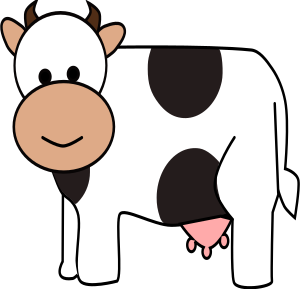
Days
Days are the shortest of these time periods. A day is \(24\) hours long, which is the time it takes for the Earth to spin once on its axis.
Each day starts and ends at midnight (12 pm, or 12 o'clock in the middle of the night). The Sun does interesting things throughout the day. At night time you can't see it at all, but it shines on the moon to give moonlight. Here are the different things the sun does during a day:

Midnight

Sunrise

Midday

Sunset

Midnight
Aren't the sunrise and sunset beautiful? I love the colours. I don't get to see the moon at midnight because I'm asleep, but I'm sure it's beautiful too!
Each day has its own special name. There are seven different names for the days. They repeat round and round in a cycle. Here are the names of the days:

Weeks
Each week lasts for seven days. It doesn't have to start on a Monday. It can start on any day at all. The special Earthling date chart shown below has a week marked on it:

Months
Apparently there are \(12\) different months, and they can have different lengths! These Earthlings really know how to make things complicated.
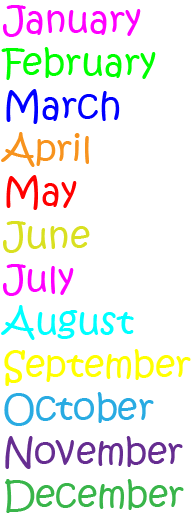
Alice says that I should try to remember the names of all these months.
She also tells me that each month is about 4 weeks long, but not exactly. Some months have 30 days, some have 31 and one has 28 days in some years and 29 in other years.
For example, February has 28 days in most years, but not in special years called leap years, when it has 29 days. November is one of the months with 30 days, and December is one of the months with 31 days.
So, most months are just a little longer than 4 weeks long. I can't really understand exactly how long a month is because it changes, depending on the month, but I do know that it is somewhere around 4 weeks. Apparently, there's something called a calendar that I can use to look up how many days are in each particular months.
Years
A year is the time it takes for the Earth to go around the Sun once.
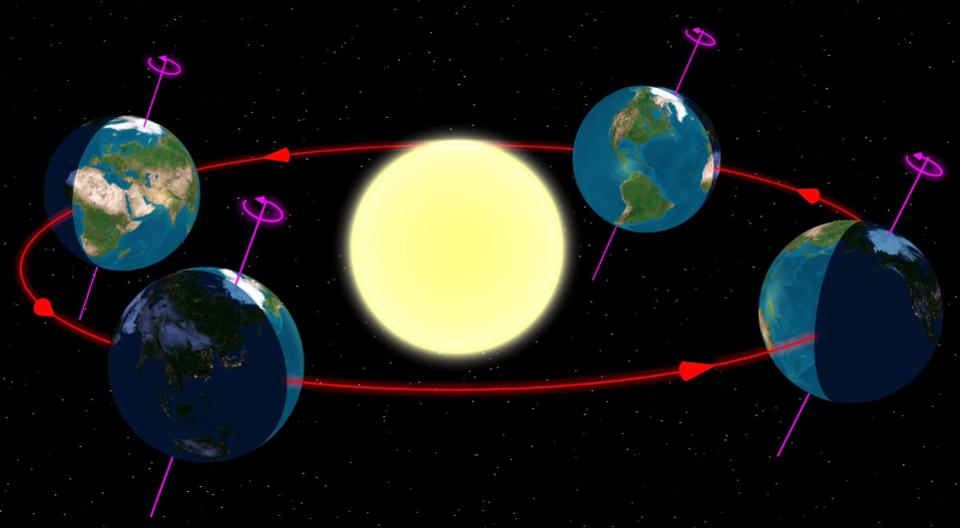
Each year is made up of \(12\) months. Alice tells me that a year seems to take forever to go past and that there are lots of things that happen exactly one year apart:
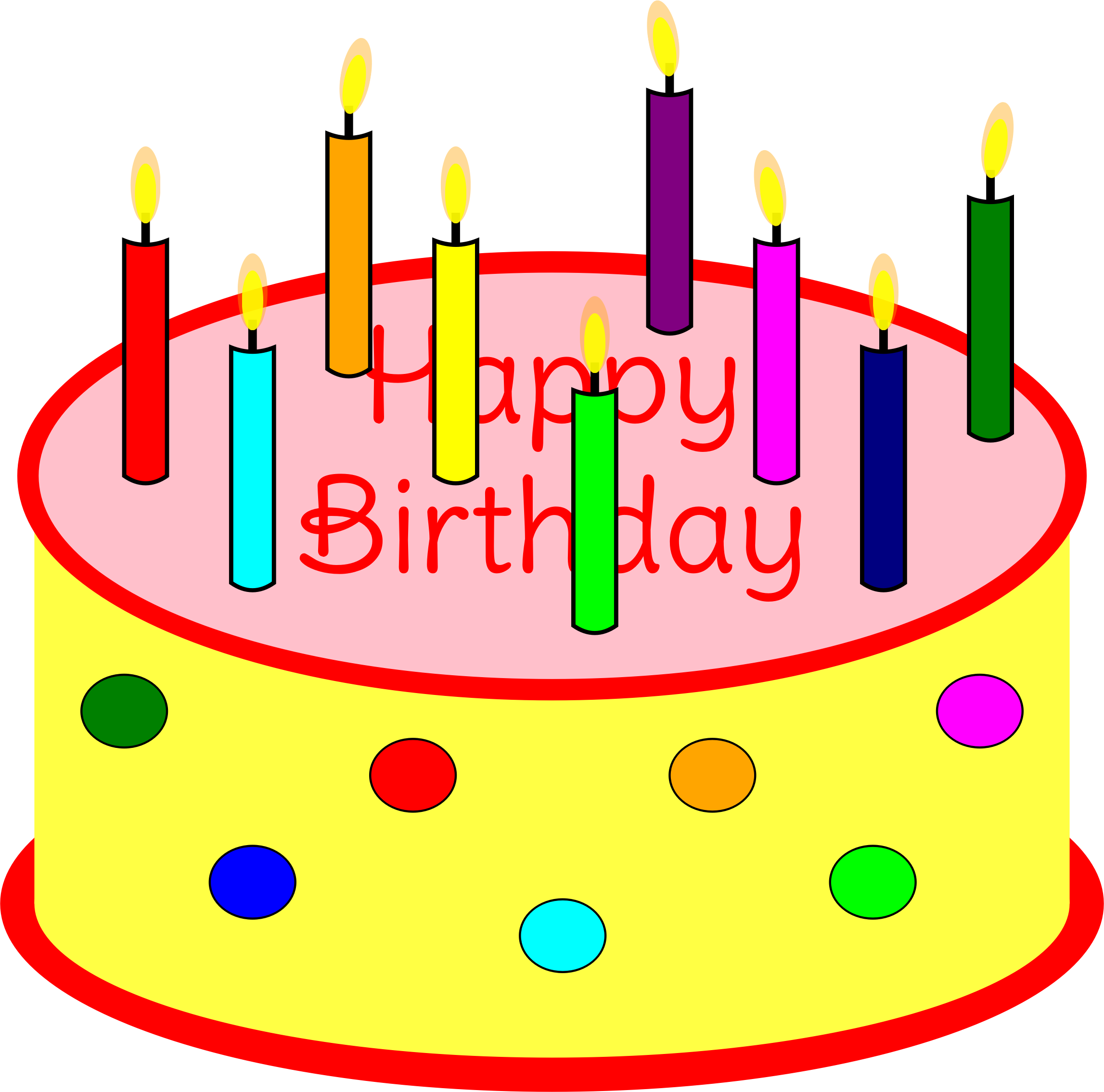
On your birthday, it is exactly one year until your next birthday.
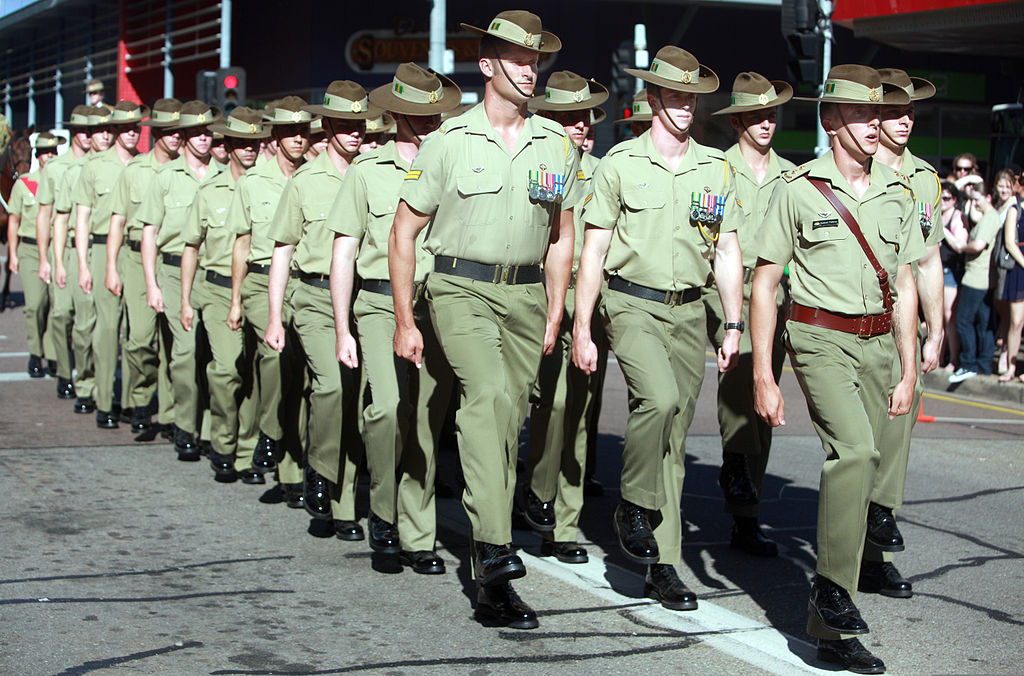
On Anzac Day (the 25th of April), it is exactly one year until the next Anzac Day.

On New Year's Day (the 1st of January), it is exactly one year until the next New Year's Day.
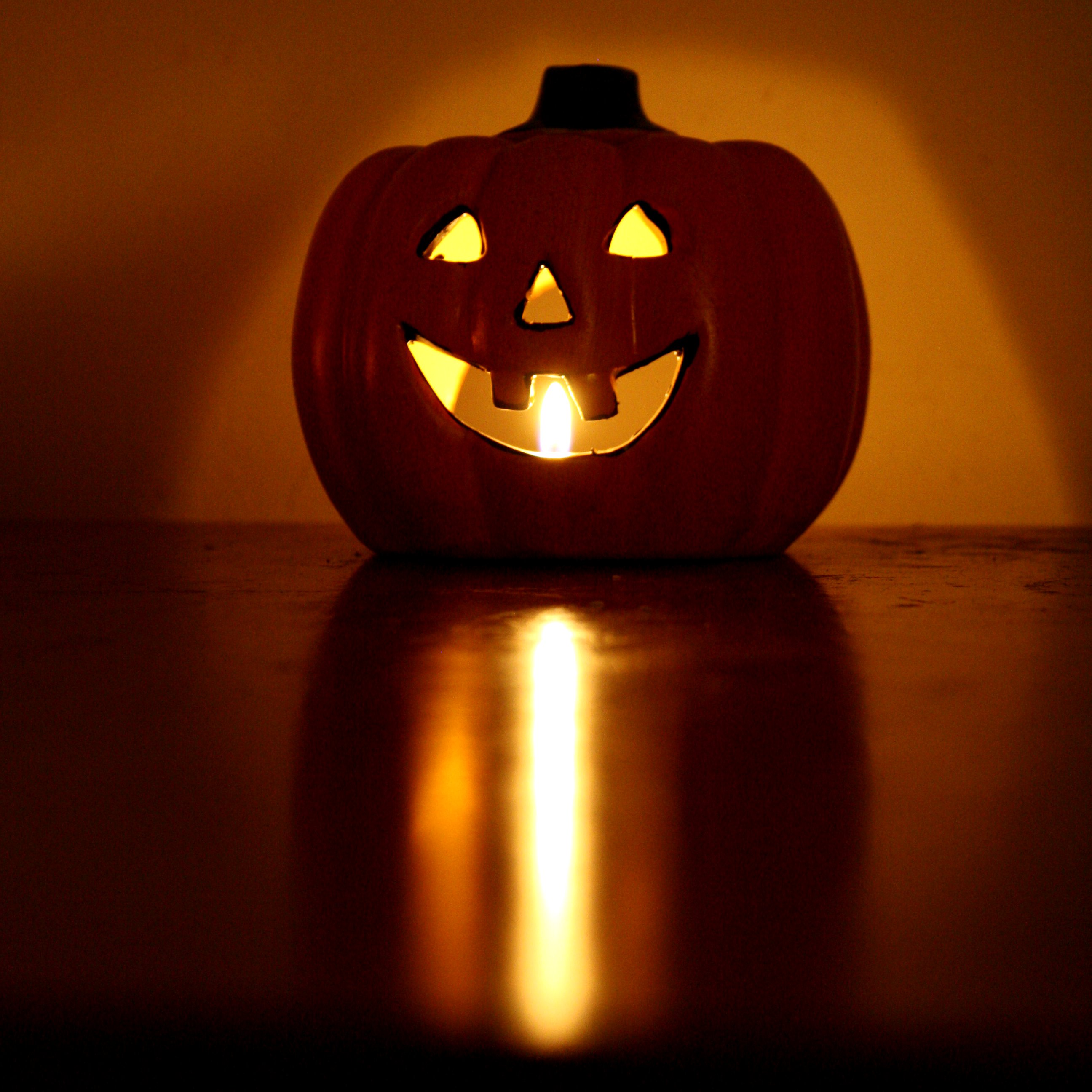
On Halloween (the 31st of October), it is exactly one year until the next Halloween.
The Earthlings have made life even more complicated! Apparently years usually have \(365\) days, but there are special years called leap years that have \(366\) days.
I don't know if I'll ever get my head around these days, weeks, months and years, but Alice promises to help me to understand them a bit better.
Description
This mini book covers the core of Math for Foundation, Grade 1 and Grade 2 mathematics including
- Numbers
- Addition
- Subtraction
- Division
- Algebra
- Geometry
- Data
- Estimation
- Probability/Chance
- Measurement
- Time
- Money
- and much more
This material is provided free of cost for Parent looking for some tricks for their Prekinder, Kinder, Prep, Year 1 and Year 2 children
Audience
Grade 1/Year 1, Grade 2/Year 2, Prep, Foundation, Kinder and Pre-Kinder
Learning Objectives
These lessons are for kids aged 4-8 with the core objective to expose their brains to concepts of addition, subtraction, division, algebra and much more.
Author: Subject Coach
Added on: 6th Apr 2018
You must be logged in as Student to ask a Question.
None just yet!